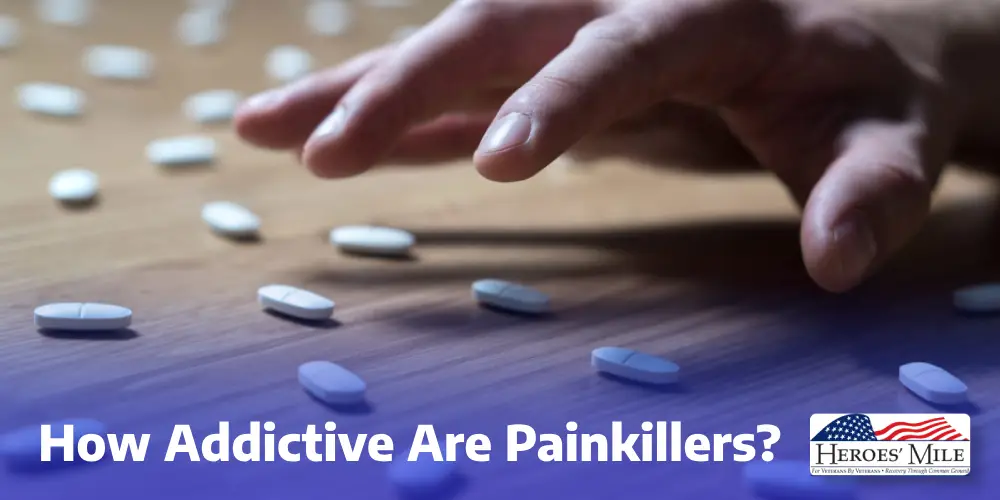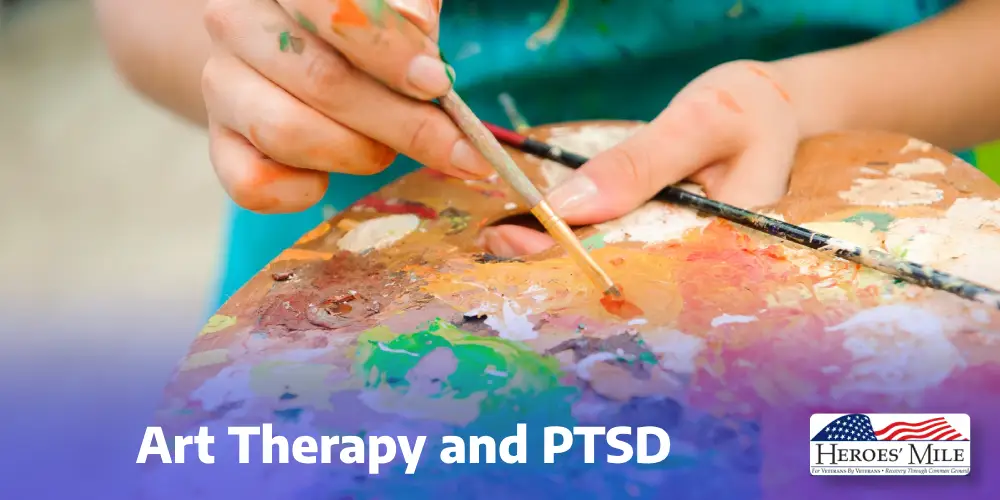Ambien is the brand name of the medication known as zolpidem, which is used to treat insomnia and other sleep disorders. Often referred to as a “downer,” Ambien assists a person’s brain into a state of relaxation, which helps them fall asleep. Many people who suffer from sleep disorders such as insomnia find it difficult to reach this state of relaxation. But while Ambien can help overcome certain sleep disturbances, it is also frequently misused. When mixed with alcohol, Ambien can have extremely dangerous side effects. Below is everything you need to know about Ambien and alcohol, and why mixing them can be deadly.
Side Effects of Mixing Ambien and Alcohol
Due to the strength of this medication, users of Ambien are at risk for potential long-term abuse. This is because the body can quickly become dependent on Ambien to fall asleep. Because of this, doctors will typically only prescribe Ambien for one to two weeks. And during this time, they will carefully monitor their patients for potential addiction or abuse.
Many substances can be mixed with Ambien in dangerous ways, the most common being alcohol. Alcohol abuse on its own can have serious side effects, and when mixed with Ambien, those side effects can be intensified. This is partly due to how Ambien interacts with the brain. When ingested, Ambien interacts with some benzodiazepine receptors in the brain. These receptors are responsible for making you feel relaxed or sleepy. Alcohol interacts with these parts of the brain too, which can increase the effects of Ambien. However, combining depressants also increases your risk for side effects.
When mixed, alcohol and Ambien can have extremely dangerous side effects. Below are some of the most common side effects of mixing the two:
- Dizziness
- Confusion
- Nausea
- Fainting
- Difficulty concentrating
- Loss of physical coordination
- Impaired judgment
- Extreme sleepiness or drowsiness
- Sleepwalking
- Depressed breathing
- Sleep apnea
In short, combining Ambien and alcohol is never a good idea. Each drug amplifies the effects of the other, which can lead to serious health complications.
Combining depressants can be even more dangerous for veterans. This is because veterans are already at a higher risk to struggle with post-traumatic stress or moral injury, and the symptoms of mixing Ambien and alcohol can worsen symptoms. For example, a veteran with PTSD might take these substances to help stop some PTSD symptoms. And while this might work in the short term, the new confusion and impaired judgement could make their PTSD symptoms even worse than before.
More Dangers of Mixing Ambien and Alcohol

More Dangers of Mixing Ambien and Alcohol
Unfortunately, mixing Ambien and alcohol is a lot more common than you may think. This is partially because the drug’s ability to make you feel drowsy or confused makes it easy to consume copious amounts of alcohol without knowing. Another common reason why people mix Ambien and alcohol is to enhance those feelings of drowsiness or to try and experience deeper sleep. This type of use is especially dangerous for those with an already existing alcohol use disorder.
According to a study published in the American Journal of Therapeutics, people who suffer from an alcohol use disorder and who also use Ambien were twice as likely to end up in intensive care, compared to people who took Ambien but did not drink alcohol. This is alarming for veterans, who face unique addiction concerns.
Since alcohol and Ambien are both depressants, mixing them causes your brain to slow down, often to a dangerously low rate. When taken on their own, both Ambien and alcohol are extremely addictive. Combined, alcohol and Ambien can be a recipe for disaster. Along with serious liver and cognitive damage, mixing these substances can greatly increase your chances of overdose.
Signs and Symptoms of an Ambien Overdose
The effects of Ambien and alcohol are both magnified when used together. This mixture can greatly increase your chances of an overdose, as both substances affect your respiratory system.
Signs of Ambien overdose include:
- Pinpoint pupils
- Inability to wake up
- Coma
- Slurred speech
- Depressed, slowed, or stopped breathing
- Death
Ambien Withdrawal Symptoms
Due to Ambien’s addictive nature, many people who are prescribed this medication develop an addiction to it. Doctors always aim to prescribe the lowest possible dose of Ambien to their patients, which is typically between one and two weeks. During this time, it is recommended that doctors monitor their patients for potential addiction or substance use. While these precautions may prevent some cases of addiction, many still occur.
Given its powerful addictive status, Ambien withdrawal can be especially dangerous. Until recently, Ambien withdrawal was thought to be rare. However, recent studies have found that symptoms of Ambien withdrawal are more frequent among those who take higher doses, or who misuse the drug.
Signs of Ambien withdrawal can begin within 48 of the last dose. They can include some of the following:
- Anxiety
- Irritability
- Mood swings
- Sweating
- Tremors
- Cravings for Ambien
- Nausea or vomiting
- Panic attacks
- Rapid heart rate and breathing
- Rebound insomnia
- Uncontrolled crying or depressive episodes
- Fatigue
How Vets Can Get Help for Ambien and Alcohol Abuse in DeLand, Florida

How Vets Can Get Help for Ambien and Alcohol Abuse in DeLand, Florida
Addiction to combinations of drugs like Ambien and alcohol can be difficult to face. Thankfully, you don’t have to go through it alone. At Heroes’ Mile, located in DeLand, Florida, we are dedicated to helping veterans overcome addiction. Our veteran rehab center is staffed by real veterans who understand what you’re going through and know how to help.
Here at Heroes’ Mile, we understand that the key to long-lasting sobriety is systematic recovery. This means that treatment programs for veterans should tackle the emotional, physical, and behavioral factors that contribute to substance abuse. Our team of world-class staff members is well versed in numerous different treatment options for substance use disorders (SUD). Those include, but are not limited to, the following:
- EMDR therapy
- Drug and alcohol detox
- Group and individual therapy
- Recreational activities
- Pain management
- Alumni resources for post-rehab
If you or a loved one is struggling with Ambien and alcohol addiction, know that there is treatment available for you. At Heroes’ Mile in DeLand, Florida, our specially trained veteran staff are here to help you on your path to recovery. Reach out to us today at 888-838-6692, or contact us using our confidential online form. Whichever way you choose to ask for help, we’ll be here waiting to assist you.
Video
Why medicine often has dangerous side effects for women – TED Talk
You might not know this: Many of the medicines we take — common drugs like Ambien and everyday aspirin — were only ever tested on men. And the unknown side effects for women can be dangerous, even deadly. Alyson McGregor studies the differences between male and female patients; in this fascinating talk she explains how the male model became our framework for medical research … and what women and men need to ask their doctors to get the right care for their bodies.
News Audio
A Neuroscientist Explores The Biology Of Addiction In ‘Never Enough’ – NPR
Judith Grisel, is a neuroscientist who studies how addictive drugs work on the brain and why they’re so hard to give up, whether they’re illicit drugs, like heroin and cocaine, or prescription drugs, like opiates and certain anti-anxiety and insomnia medications.
FAQ
- What happens if you mix Ambien and alcohol?
Mixing Ambien and alcohol can cause extreme drowsiness, dizziness, impaired coordination, slowed breathing, and can increase the risk of overdose or life-threatening respiratory issues. - Why is it dangerous to drink alcohol while taking Ambien?
Alcohol enhances the sedative effects of Ambien, which can lead to memory loss, blackouts, and dangerously slowed breathing, increasing the risk of accidental injury or death. - Can small amounts of alcohol still interact with Ambien?
Yes, even small amounts of alcohol can interact with Ambien and cause harmful side effects like drowsiness, confusion, or difficulty breathing. - What should I do if I accidentally take Ambien after drinking alcohol?
If you accidentally take Ambien after consuming alcohol, seek immediate medical attention, especially if you feel extremely drowsy, have difficulty breathing, or lose consciousness. - How long should I wait to take Ambien after drinking alcohol?
It’s recommended to wait at least 24 hours after consuming alcohol before taking Ambien to avoid dangerous interactions and health risks.



